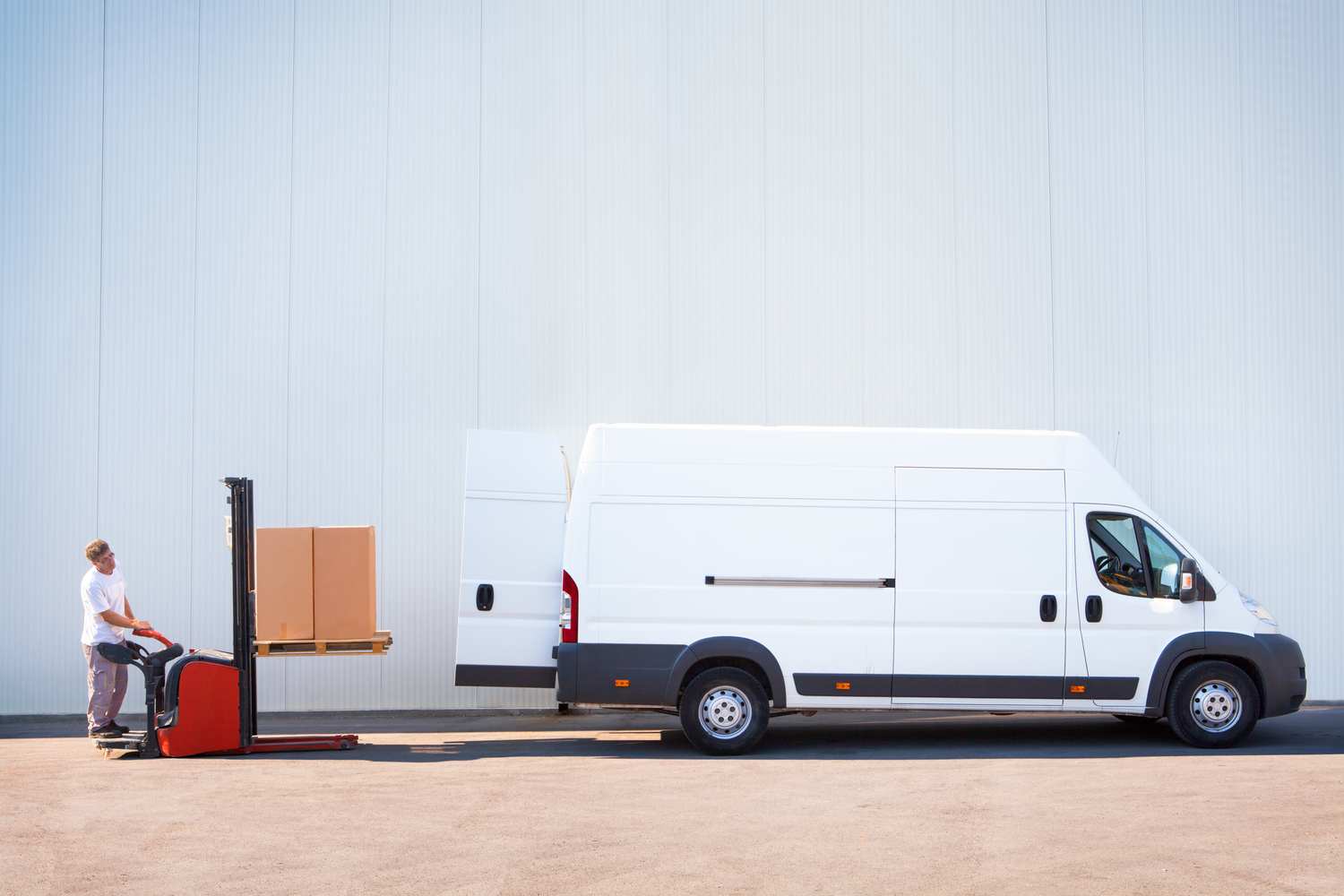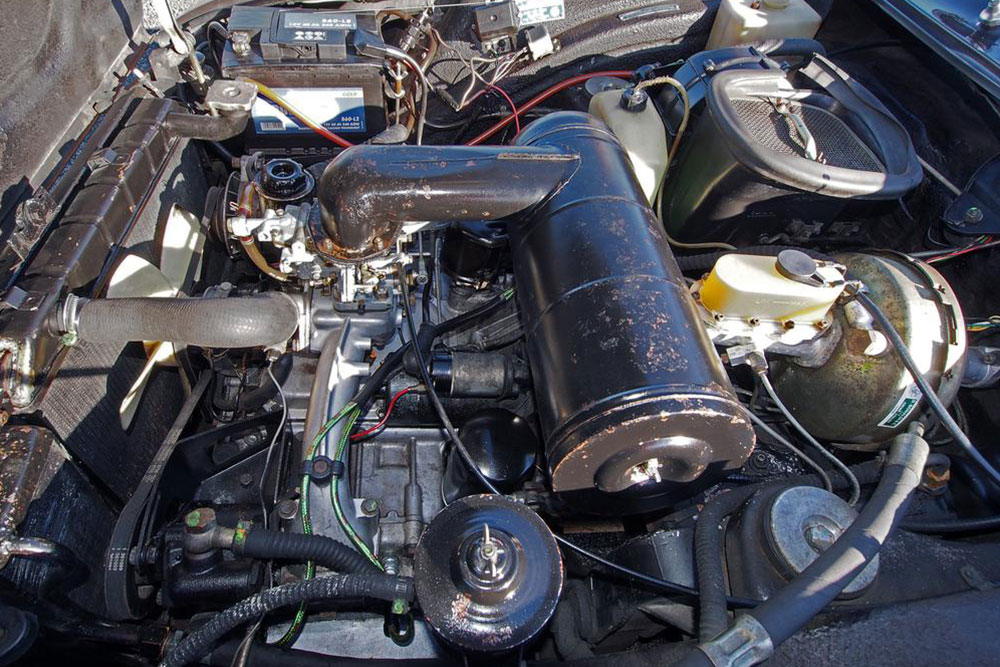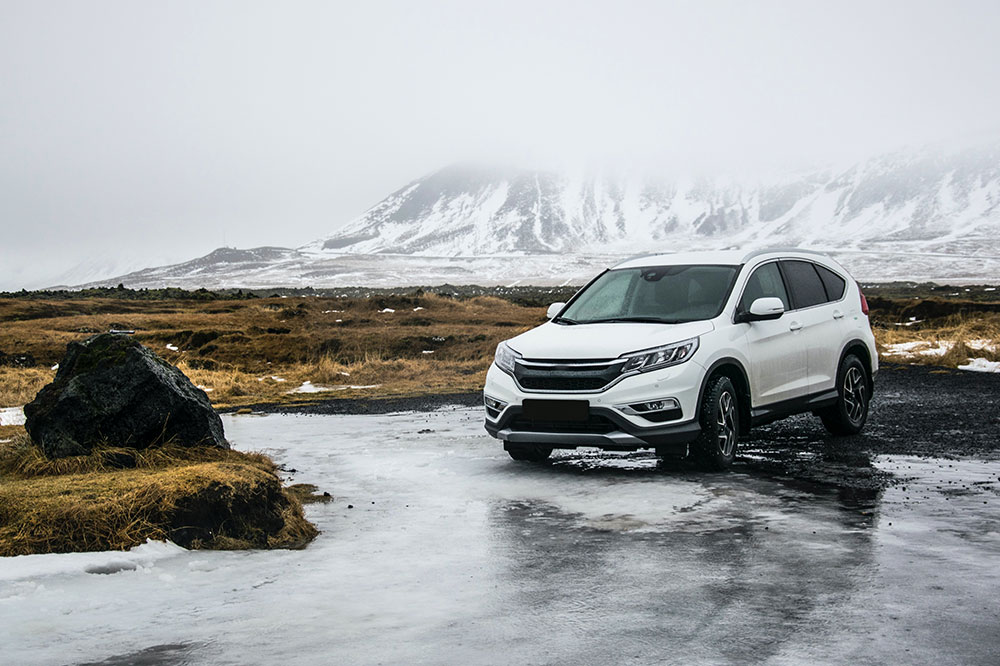Ultimate Guide to Choosing the Perfect Cargo Van for Your Business
Discover how to choose the perfect cargo van for your business with our ultimate guide. Learn about cargo needs, vehicle features, safety, fuel efficiency, cost analysis, and more. Make smarter decisions to optimize your logistics operations and enhance productivity with the right vehicle tailored to your specific requirements.

Ultimate Guide to Choosing the Perfect Cargo Van for Your Business
Selecting the right cargo van is a critical decision for any business or individual involved in transportation, delivery, or logistics. With an abundance of options available in the market, making an informed choice can significantly impact operational efficiency, cost management, and overall satisfaction. This comprehensive guide aims to navigate you through the essential aspects to consider when choosing a cargo van tailored specifically to your load requirements and business needs.
1. Understanding Your Cargo Requirements
Before diving into specific models or brands, it is vital to thoroughly analyze the types of items you plan to transport. This step is fundamental in determining the most suitable cargo van that will meet your operational demands effectively.
1.1. Nature and Characteristics of the Cargo
Identify what you are transporting — whether it involves large, delicate, temperature-sensitive, or fragile goods. Knowing these details helps in selecting a van with features conducive to the nature of your cargo.
Different cargo types necessitate specific van configurations:
Large Items: Require spacious interiors with high payload capacities, often needing organizational features like shelving units or tie-down points to prevent shifting during transit.
Fragile Goods: Need secure mounting points and vibration isolation features to prevent damage. Insulated or cushioned interiors can also be essential.
Temperature-Sensitive Items: Demand refrigerated or climate-controlled vans to maintain the integrity of perishable goods.
1.2. Size and Payload Considerations
Evaluating the typical volume and weight of your cargo will help determine the most appropriate van size. There are various categories:
Small Vans: Ideal for small tools, parcels, and lightweight deliveries. Examples include Nissan NV200, Ford Transit Connect.
Mid-Size Vans: Suitable for moderate-sized loads such as larger equipment or bulkier deliveries. Examples include Mercedes-Benz Metris, Ram ProMaster City.
Large Vans: Designed for heavy-duty tasks involving bulky loads like construction materials or multiple pallets. Examples include Ford Transit, Mercedes-Benz Sprinter, Ram ProMaster.
2. Fuel Efficiency and Range Considerations
Fuel economy is a significant factor influencing your operational costs. Comparing miles per gallon (MPG) among different models can lead to substantial savings over time. Diesel engines often provide better fuel efficiency and longevity, making them a popular choice for commercial use. Alternatively, electric and hybrid vans are increasingly popular options for businesses focused on sustainability, offering lower emissions and potential savings on fuel costs. Evaluating the total cost of ownership, including fuel consumption, maintenance, and environmental impact, is essential before making a decision.
3. Evaluating Cargo Space and Accessibility
Maximizing payload capacity and ensuring ease of access are crucial for effective operations. Consider the following:
Cargo Capacity: Measure interior length, width, height, and cubic footage. A longer wheelbase typically offers more space but may be less maneuverable in tight urban environments.
Accessibility: Efficient loading and unloading mechanisms save time and reduce labor costs. Look for features such as:
Side and rear doors for versatile access points
Low step-in heights to simplify loading of heavy or bulky items
Ramps or low-entry options for easier handling of heavy loads
4. Safety and Technological Features
Safety cannot be compromised. Modern cargo vans equipped with advanced driver-assistance systems can significantly reduce accidents and improve operational safety. Look for features such as lane departure warnings, adaptive cruise control, airbags, stability and traction control, and backup cameras. These tools not only protect drivers and goods but also enhance overall efficiency by minimizing downtime caused by accidents or vehicle malfunctions.
5. Cost Analysis and Financial Planning
Managing operational budgets involves balancing upfront purchase costs with long-term expenses:
Purchase Price vs. Operating Expenses: Cheaper models might seem attractive initially but could incur higher maintenance or lower fuel efficiency costs over time. Consider total cost of ownership, including repairs, fuel, and depreciation.
Leasing vs. Buying: Leasing can lower monthly payments, offer flexibility, and allow easy upgrades to newer models. On the other hand, buying may be more economical in the long run, especially if you plan extended use of the vehicle.
6. Reliability, Warranty, and Brand Reputation
A dependable van is crucial for uninterrupted operations. Research brand reputation, customer reviews, and warranty coverage. Extended warranties and service packages can safeguard against costly repairs, ensuring your vehicle remains in optimal condition for years to come.
7. Test Drive and Practical Evaluation
Always test drive your shortlisted options. Engage with the vehicle’s handling, comfort, noise levels, and ease of operation. Request demonstrations for specific features like loading mechanisms or safety tech. This hands-on assessment is vital in confirming that the van will perform well in your daily operations.
Conclusion
Choosing the correct cargo van involves a meticulous analysis of your cargo requirements, vehicle features, safety, and financial considerations. By conducting thorough research and testing, you can select a vehicle that not only meets your current demands but also supports your business growth in the long term. An informed decision leads to improved efficiency, reduced costs, and sustained success in your logistics and delivery operations.





